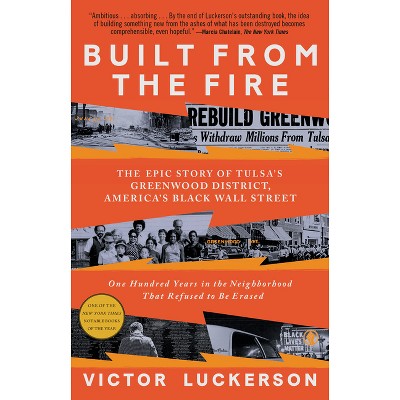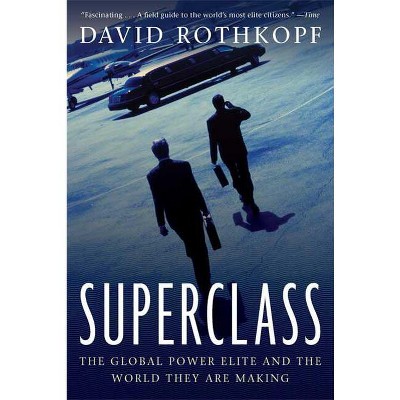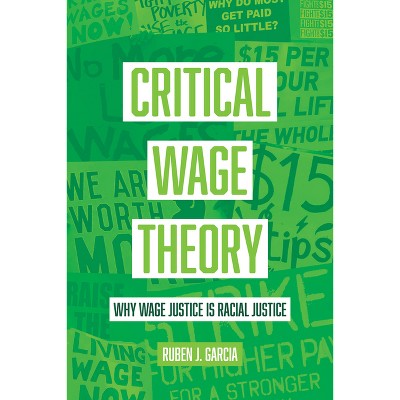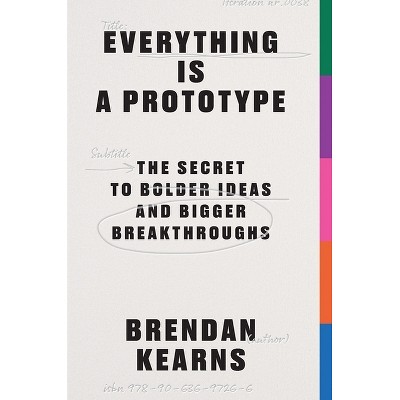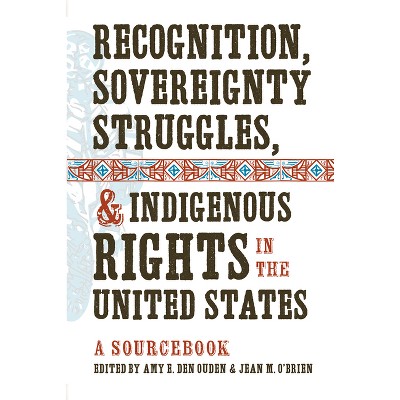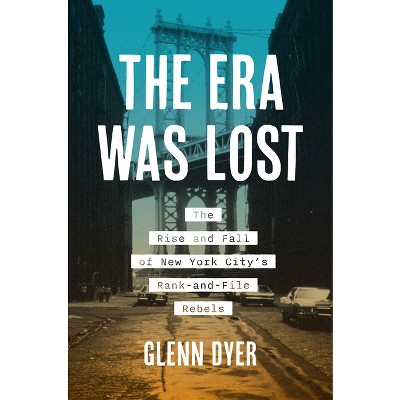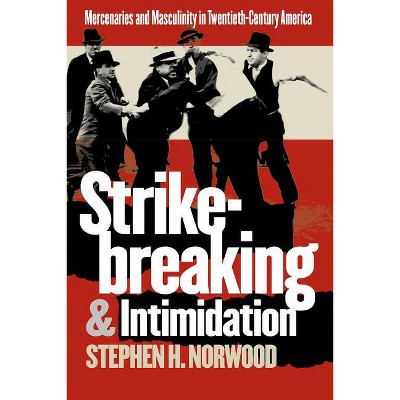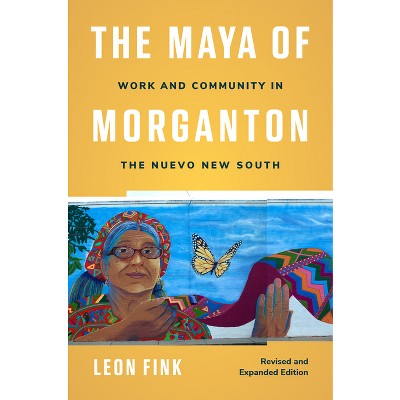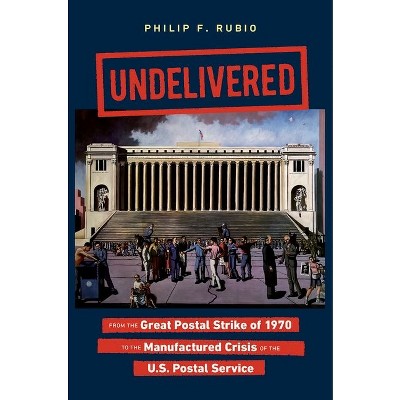Sponsored

Workers' Paradox - by Ruth O'Brien (Paperback)
In Stock
Sponsored
About this item
Highlights
- Reinterpreting the roots of twentieth-century American labor law and politics, Ruth O'Brien argues that it was not New Deal Democrats but rather Republicans of an earlier era who developed the fundamental principles underlying modern labor policy.
- About the Author: Ruth O'Brien is associate professor of government at John Jay College of Criminal Justice and is deputy chair of the political science M.A./Ph.D.
- 336 Pages
- Political Science, Labor & Industrial Relations
Description
About the Book
Workers' Paradox: The Republican Origins of New Deal Labor Policy, 1886-1935Book Synopsis
Reinterpreting the roots of twentieth-century American labor law and politics, Ruth O'Brien argues that it was not New Deal Democrats but rather Republicans of an earlier era who developed the fundamental principles underlying modern labor policy. By examining a series of judicial rulings from the first three decades of the century, she demonstrates that the emphasis on establishing the procedural rights of workers that is usually associated with the National Labor Relations Act of 1935 actually emerged over a decade earlier, in the Republican-formulated labor legislation of the 1920s.
O'Brien's findings underscore a paradox within the foundation of labor policy and the development of liberalism in the United States. The leaders of the liberal state created a strict regulatory framework for organized labor only after realizing that the mainstream labor movement's capacity for collective power threatened to undermine individualism and classlessness in American society. In other words, O'Brien argues, the individualism that accounts for the overall weakness of the liberal state also produced America's statist labor policy.
Review Quotes
"[A] well-researched and well-written book." -- CHOICE
"A book that deserves a wide readership. Its engagement with a number of current debates means that it will work well in the classroom, and its radical reinterpretation of New Deal labor policy means that it is certain to prompt serious thought and reflection." -- American Studies
"Must reading for historians and labor law and will be read with profit by those interested in the history of organized labor and of the New Deal." -- Journal of Economic History
"Ruth O'Brien's compelling story of American labor law poses at least two fundamental challenges to students of American political development. First, it upends a well-established periodization: the New Deal becomes the culmination, not the turning point, in a protracted struggle over the constitution of the liberal person, the status of associations, and the nature of state power. Second, it demonstrates the power of legal ideology in shaping group interests and state strategies. As such, Workers' Paradox should provoke useful debate among a wide variety of scholars." -- Gerald Berk, University of Oregon
"The significance of O'Brien's book transcends its immediate subject. In addition to presenting a fascinating case study of how complex forces and compromises produce statutes, it also provides an important study of the contributions of Progressive Republicanism to the New Deal and the formation of the modern American state." -- American Historical Review
"This is an intriguing and deftly argued book that both rounds out our critical legal understanding of New Deal labor policy and challenges that understanding on key points of interpretation." -- Law and History Review
"Well researched. . . . Successfully encourages readers to examine critically the state Americans often forgot they had created." -- Labor History
"O'Brien forces us to rethink both the New Deal and American party politics as she deftly shows, through extensive new research, how important Republican Party initiatives were in formulating subsequent New Deal labor policy. A provocative and important book on a neglected period of American politics and labor history." -- Victoria C. Hattam, New School for Social Research
About the Author
Ruth O'Brien is associate professor of government at John Jay College of Criminal Justice and is deputy chair of the political science M.A./Ph.D. Program at the Graduate Center of the City University of New York. She is author of Crippled Justice: The History of Modern Disability Policy in the Workplace.
Shipping details
Return details
Frequently bought together

Trending Non-Fiction





